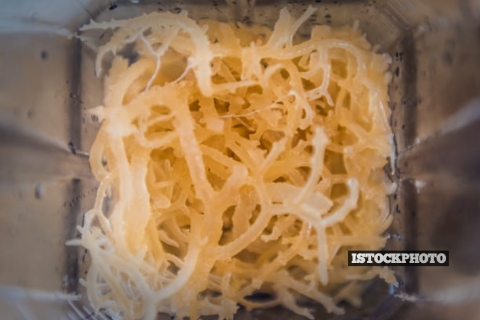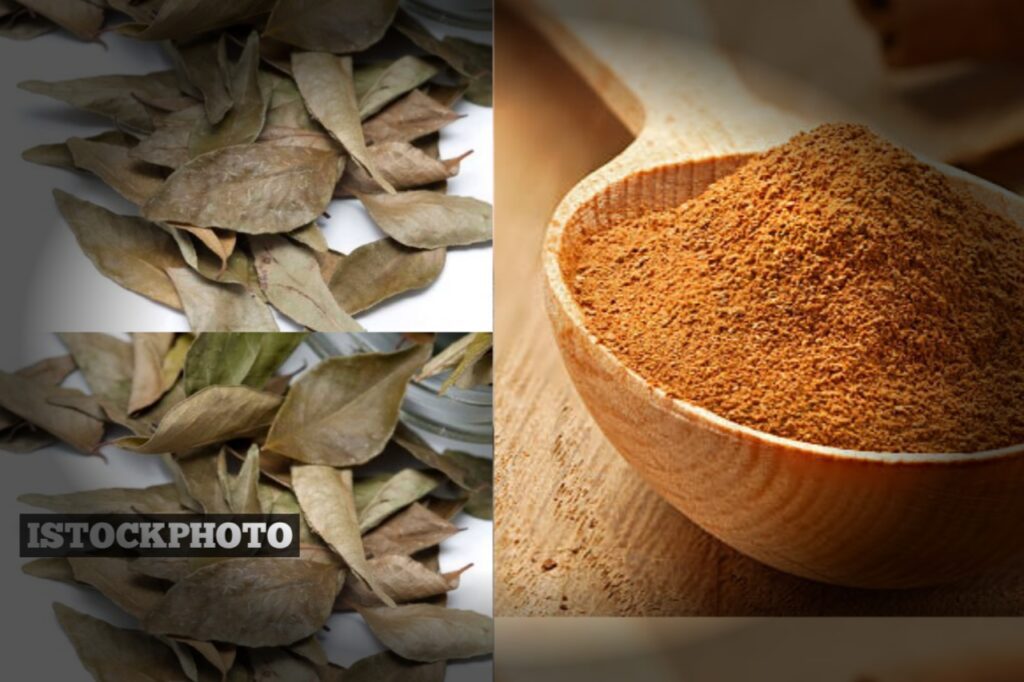Sea moss (Chondrus crispus) or Irish moss is a species of red algae or seaweed; it is not really a moss. This particular algae species grows abundantly on the coast of the Atlantic Ocean in Britain, Europe, and North America. Sea moss is known for its common use in food, but it also has a variety of nutritional benefits.
Is Sea Moss Good For Diabetes?
Sea moss sure does have tons of nutritional benefits, and one of those benefits is that it can improve blood sugar control, help lower your cholesterol, and reduce your risk of chronic diseases like diabetes and heart disease. So, basically, sea moss is good for diabetes since it is a condition caused by too much sugar in the blood (high blood glucose level).
One of the substances that is contained in sea moss is fucoxanthin. Studies have shown that fucoxanthin improves insulin resistance and ameliorates blood glucose levels through the down-regulation of adipocytokines related to insulin resistance in WAT and the up-regulation of glucose transporter 4 (GLUT4) in skeletal muscle.
Sea moss contains nutrients like calcium, potassium, magnesium, and phosphorus, and these minerals also play major roles in bringing the blood sugar to an optimal level. Calcium is essential for insulin-mediated intracellular processes in insulin-responsive tissues such as skeletal muscle and adipose tissue.
Magnesium appears to help manage blood sugar levels among people with diabetes. Also, those who tend to consume less magnesium typically have poorer blood sugar regulation and a higher risk of type 2 diabetes than people who consume higher amounts. If your potassium levels are too low, your body may make less insulin. That could lead to a high blood sugar level.
Benefits of Sea Moss
Sea moss has many health benefits and is also seen as a superfood. The only negative study that has been reported pertains to a derivative of the moss, carrageenan. Carrageenan is a food additive that can be extracted from sea moss. Sea moss and carrageenan are not the same thing. Carrageenan is one active and concentrated component of the whole food that is Irish moss. There are definitely major and valid health concerns about carrageenan, but those arise when it gets transformed into substances, which are then mainly used in processed foods.
We cannot judge the health of a whole food based on the unnaturally processed concentrations of its component parts. We cannot compare studies on isolated phytochemicals used in higher than natural or normal concentrations as grounds for avoiding a whole, unprocessed, naturally made food. The FDA recommends that people shouldn’t consume more than 225 micrograms of iodine daily. Since Irish moss is rich in iodine, you may want to be cautious when it comes to overeating it. Benefits of sea moss may include,
- Relieves Anemia. When the oxygen circulated in your body becomes very low, it results in low hemoglobin levels and a decrease in red blood cells.
- Source of energy
- Helps in Thyroid Disorders
- relieves respiratory problems
- Boosts Mental Health
- Promotes Recovery
- Improves skin health
- Aids in Quick Digestion
What Are The Dangers Of Sea Moss?
Sea moss can be degraded to carrageenan, while carrageenan is degraded to poligeenan. Though there is no evidence to show that these degrading processes can occur in the body, we assume that some seaweed like sea moss can naturally contain poligeenan. Poligeenan can have health risks, which include,
It can lead to inflammation
Poligeenan is an inflammatory substance and isn’t approved to be used as a food additive. It can lead to inflammation of the intestines, causing problems with nutrition absorption. This can also lead to discomfort and bloating over time. It may also be linked with colitis and symptoms of Crohn’s disease.
It may cause stomach ulcers
When consumed in large amounts, poligeenan has also been shown to cause stomach lesions and ulcers in animal studies. More poligeenan is generally associated with larger ulcers.
[starbox]



